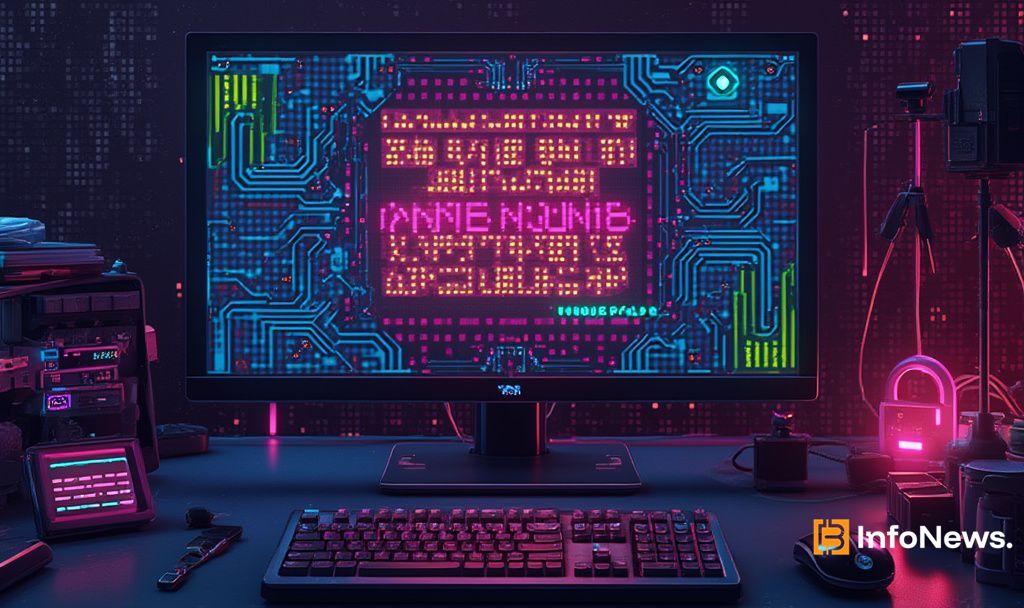Cardano Enters ‘Voltaire Era’ with Chang Hard Fork, Initiates On-Chain Governance
With the successful execution of the Chang hard fork, Cardano has ushered in the Voltaire era of development and brought about a dramatic change in the direction of on-chain governance.

Cardano took a major step toward decentralized governance with the successful implementation of its Chang hard fork on September 1.
The Voltaire Era Begins With Chang Hard Fork
The Chang hard fork represents the beginning of Cardano’s Voltaire era, a crucial step towards achieving fully decentralized governance. A hard fork is a permanent divergence from a blockchain protocol, indicating a major change or upgrade that is not backward-compatible.
This upgrade empowers ADA token holders to elect representatives and vote on key development proposals, fundamentally changing how decisions are made within the Cardano ecosystem.
According to the roadmap , the hard fork is being rolled out in two distinct phases. The first phase, which is already live, introduced the Constitutional Committee, tasked with overseeing the governance transition.
The second phase, which will be fully implemented by 2025, will introduce Delegate Representatives (DReps) and an on-chain voting system.
In addition to governance changes, the upgrade includes the activation of Plutus v3.
This enhancement improves smart contract efficiency and introduces new cryptographic primitives, further solidifying Cardano’s technical capabilities.
Notably, the governance model outlined in CIP-1694 introduces three key bodies: the Constitutional Committee (CC), Delegate Representatives (DReps), and Stake Pool Operators (SPOs).
This tripartite structure aims to create a balanced and effective decision-making process within the Cardano network.
Impact, Challenges, and Criticisms of Cardano Following the Upgrade
Charles Hoskinson, Cardano co-founder, hailed the hard fork as “one of the greatest technical achievements in human history.”
The Cardano Foundation echoed the same sentiment, describing it as “a major milestone for the Cardano blockchain, ecosystem, and community.”
Despite the technical achievement, Cardano’s native token, ADA, hasn’t responded positively to the news.
Over the past 24 hours, ADA has declined 2.26%, mirroring broader bearish trends in the cryptocurrency market, particularly with Bitcoin (BTC) and Ethereum (ETH).
ADA has been in a downtrend since March, losing approximately 50% of its value over the past six months, dropping from $0.80 to the current price of $0.33 .
While the Chang hard fork represents a significant step forward , Cardano has faced its share of challenges and criticisms.
Critics have pointed to what they perceive as slow progress compared to other blockchain platforms, and some view Cardano’s cautious, research-driven approach as unnecessarily complex.
Despite its strong technological foundation, Cardano has struggled to achieve the same adoption and developer engagement level as other leading blockchain platforms like Ethereum.
Disclaimer: The content of this article solely reflects the author's opinion and does not represent the platform in any capacity. This article is not intended to serve as a reference for making investment decisions.
You may also like
ARPA Integrates Random Number Generator into CARV and Sonic SVM

MANTRA Co-Creation: OM token destruction plan will be announced soon
